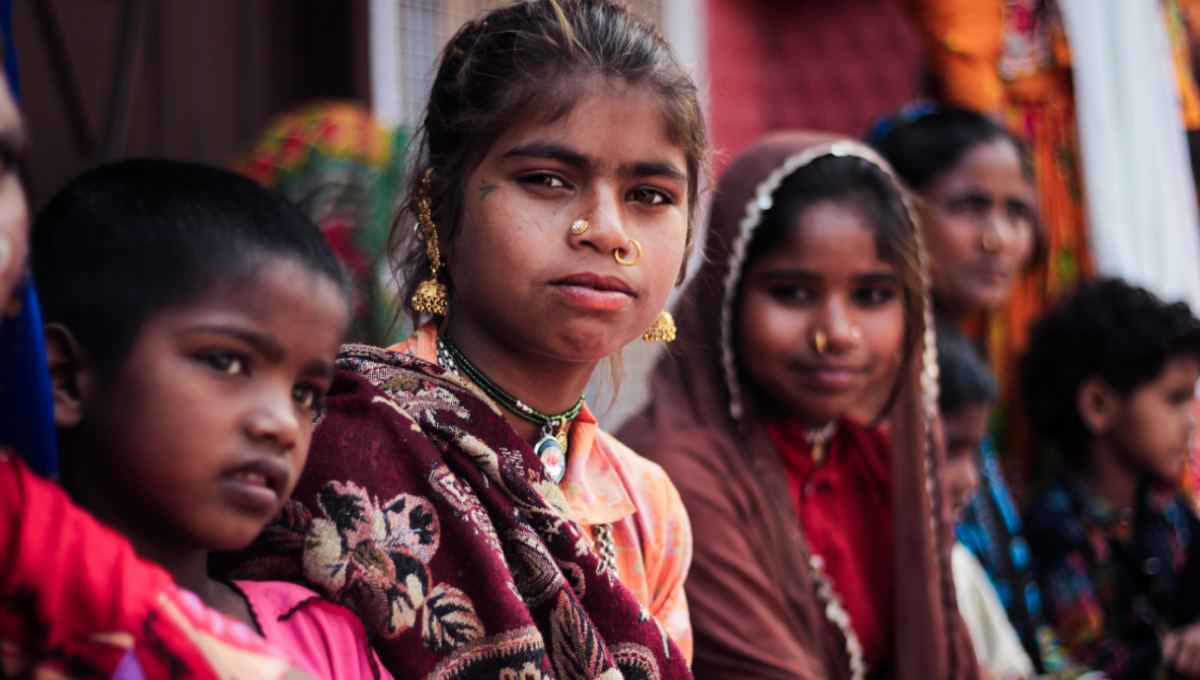
Should India repeal its ban on sex selection?
Yes, says Norwegian bioethicist
Gendercide is the word used nowadays to describe the missing millions of girls because of a preference for sons in India. According to the Invisible Girl Project, a lobby group, “More girls and women have been discriminated against and killed in the past century than any other modern-day genocide”. On average, one girl is aborted in India every minute. About 500,000 a year are selectively aborted.
There are laws against the practice which target doctors who provide ultrasound sex diagnosis and abortions of girls. However, the 1994 law banning sex-selective abortion was ineffective. It was amended in 2002, but still very little progress has been made in ridding India of the practice.
So, if a ban doesn’t work, should it continue to exist? A Norwegian bioethicist argues in the journal Bioethics that it shouldn’t.
Aksel Braanen Sterri, of the University of Oslo, contends that “The ban makes the situation worse, especially for mothers and their daughters. India should therefore repeal its ban on sex selection.”
Sterri concedes that sex selection is harmful for society as well as for women and girls (although he says that “the harm an abortion does to the foetus itself is not morally relevant”). The murder rate is higher, violence against women is widespread, it is harder for men to find wives, women become victims of trafficking, and so on. But he argues that a ban may be worse than ineffective.
What alternatives do women have, when they cannot resort to legal sex selective abortion? This must be examined, Sterri says. They can get black market abortions, which are expensive and dangerous. They can continue having girls until they have a son. Or they can call it quits after a couple of girls. Under none of these options are women and girls better off, he says.
The ban has been in place since 1994, with few attitudinal changes to show for it. The main reason why the ban fails to change people's preferences and behavior is arguably that the unjust background conditions make it rational for parents to strongly favor sons over daughters …
Women use sex selection to make the best of their situation in an unjust society. The root cause of the problems is therefore the way the society is structured, and this is arguably the responsibility of society at large. In this context, it seems unreasonable to say that women who use sex selection forfeit their right not to be unreasonably burdened.
Perhaps the problem is something other than legal. Sterri does not tackle the massive challenge of changing Hindu culture.
Michael Cook is editor of BioEdge
Creative commons
https://www.bioedge.org/images/2008images/indian_girls.jpg
abortion
gendercide
india
